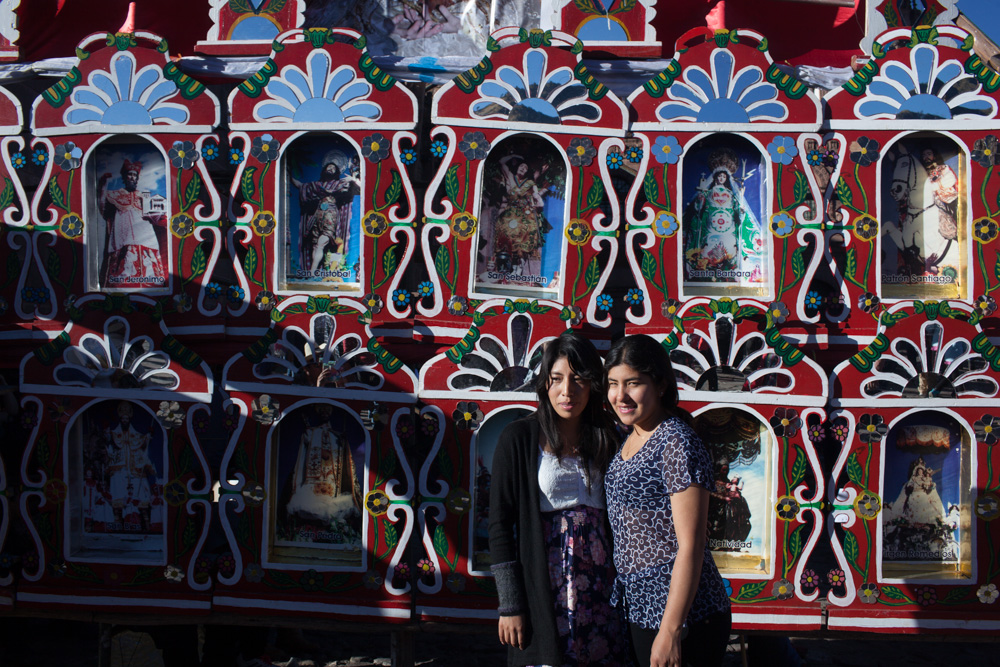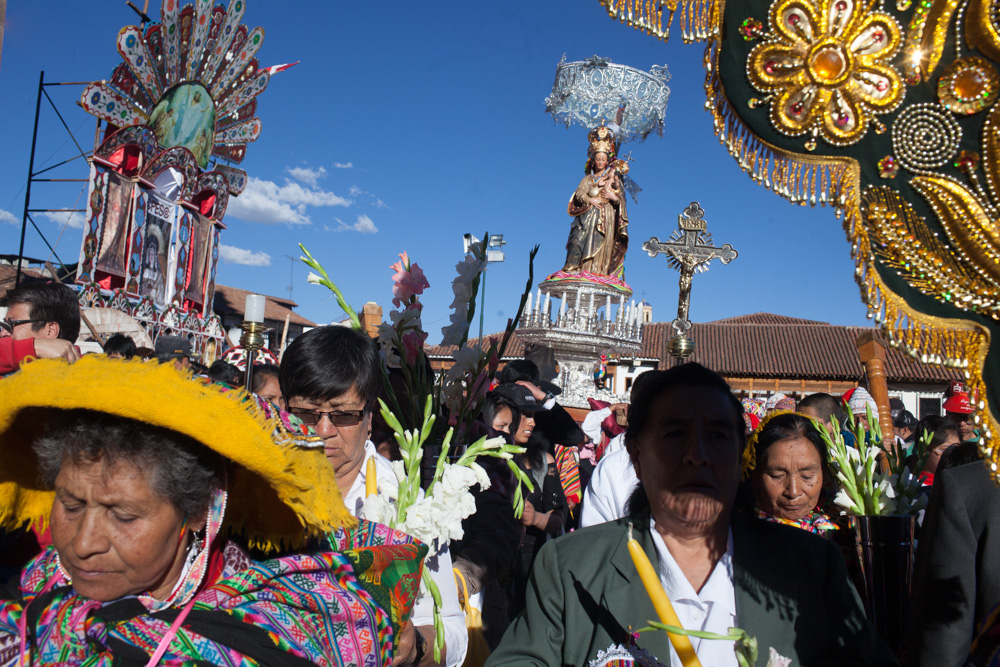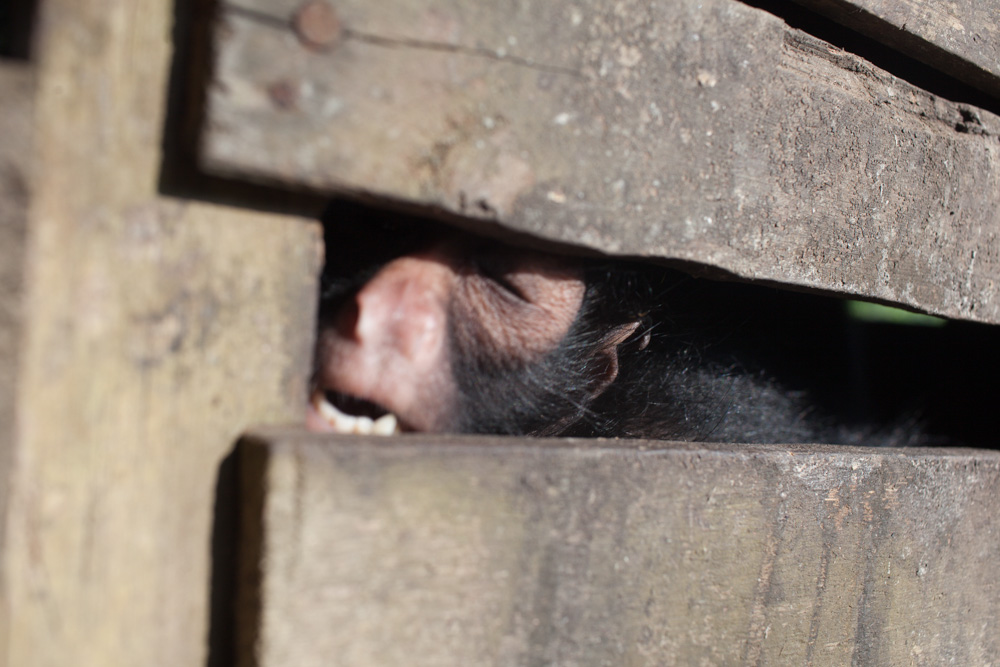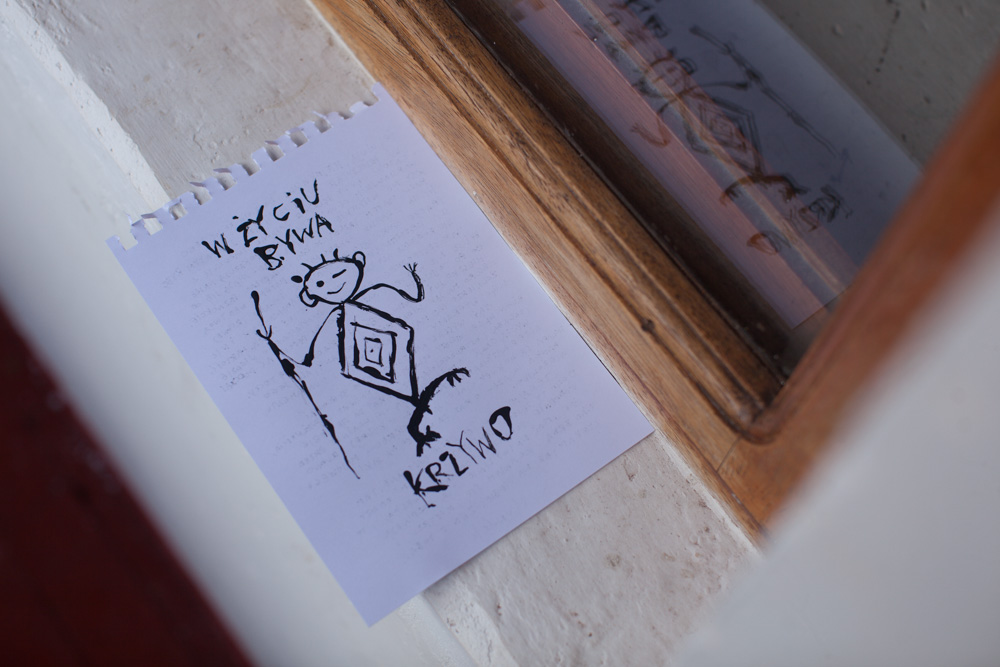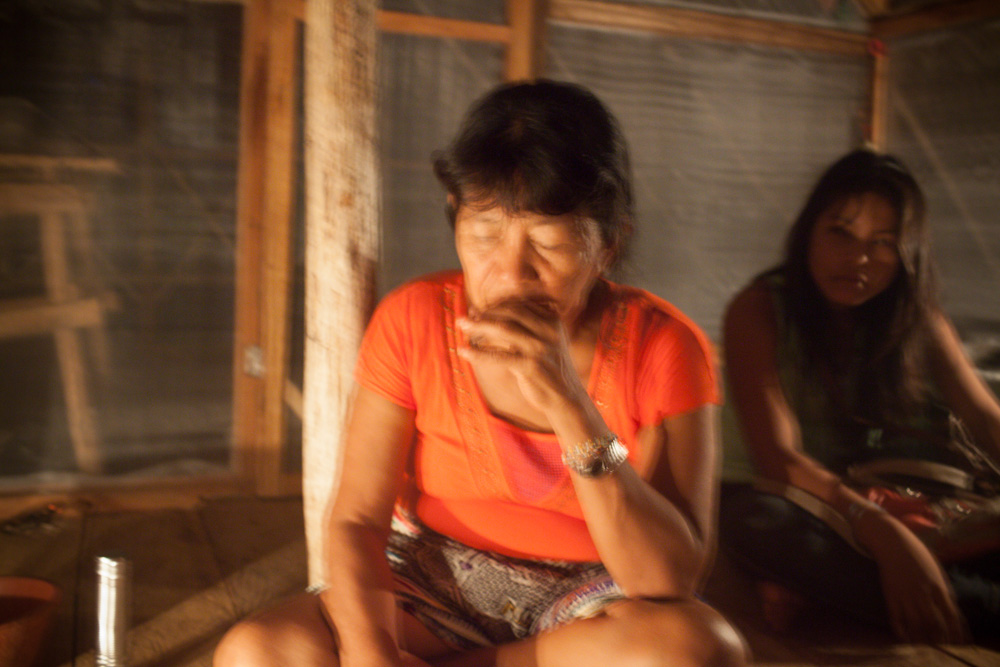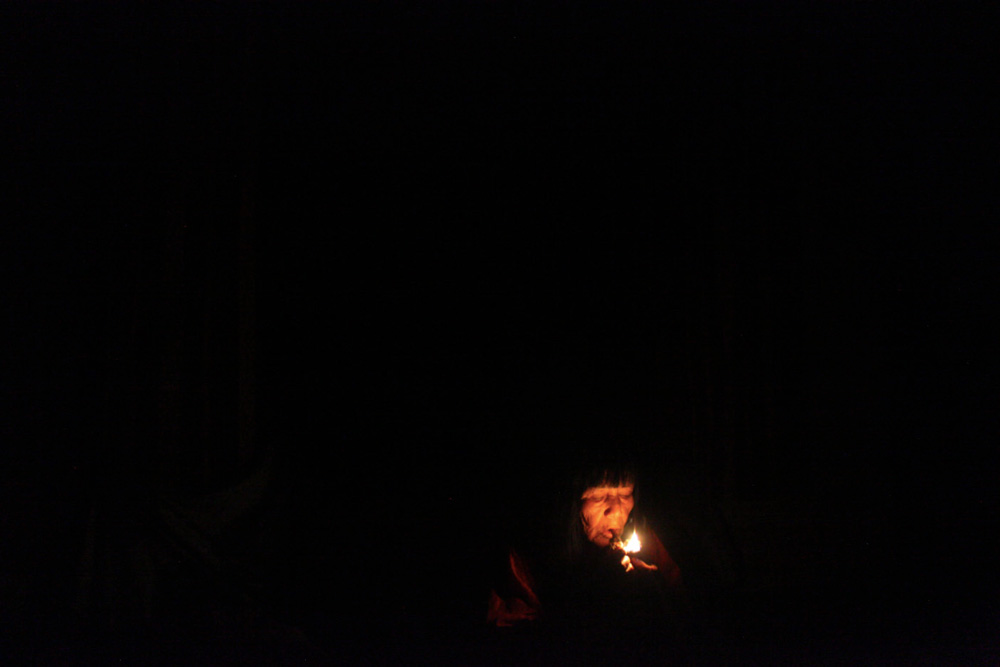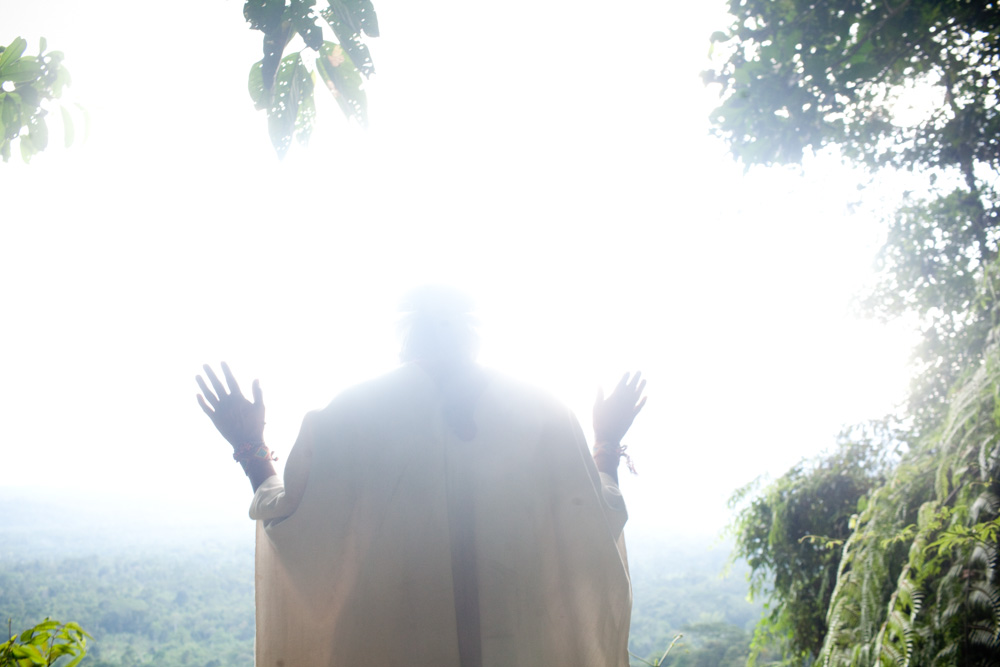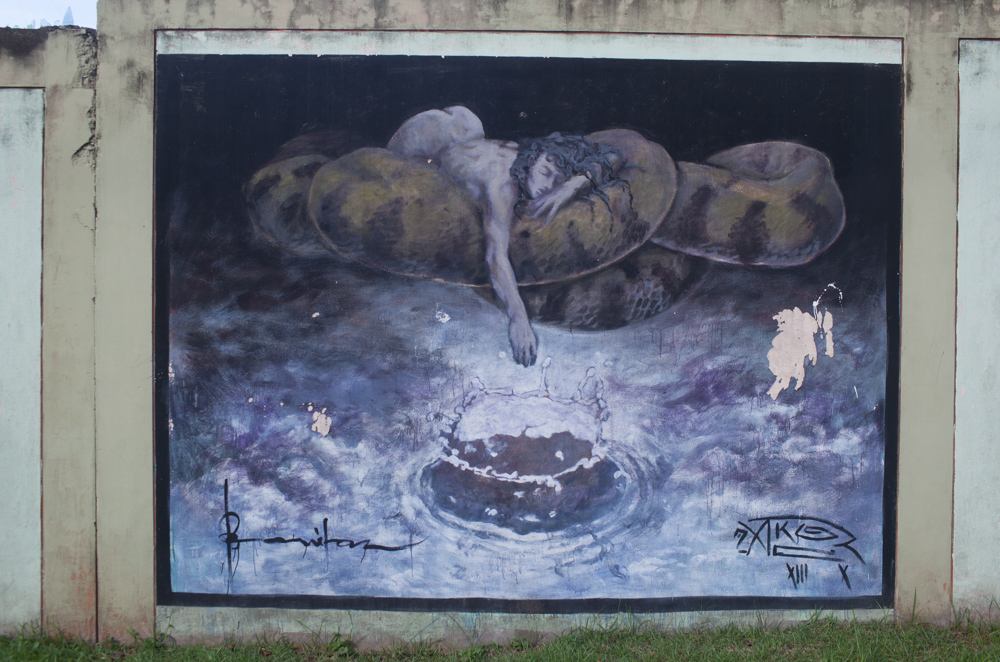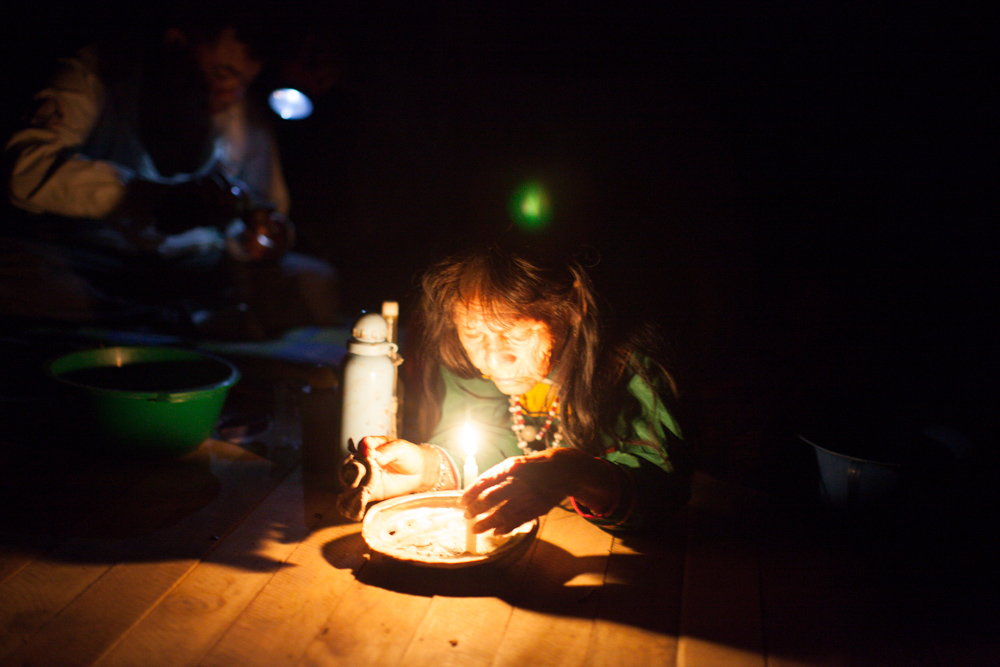The highest concern of all the mythologies, ceremonials, ethical systems, and social organizations of the agriculturally based societies has been that of suppressing the manifestations of individualism; and this has been generally achieved by compelling or persuading people to identify themselves not with their own in- terests, intuitions, or modes of experience, but with the archetypes of behavior and systems of sentiment developed and maintained in the public domain. (…)
…
Najważniejszą misją wszystkich mitologii, ceremonii, etycznych systemów i społecznej organizacji opartych na rolnictwie społeczeństw było stłumienie jakichkolwiek objawów indywidualizmu, i osiagano to zwykle przez zmuszanie lub przekonanie ludzi do identyfikowania się nie z ich własnymi interesami, intuicjami, czy doświadczeniem, ale z archetypami zachowania i systemami sentymentalnymi wypracowanymi i utrzymywanymi w domenie publicznej. (…)
But, on the other hand, there have always been those who have very much wished to remain alone, and have done so, achieving sometimes, indeed, even that solitude in which the Great Spirit, the Power, the Great Mystery that is hidden from the group in its concerns is intuited with the inner impact of an immediate force. (…)
…
Z drugiej jednak strony, zawsze istnieli tacy, którzy chcieli pozostać na osobności, i czynili tak, czasem osiągając nawet taką samotność w której Wielki Duch, Moc, Wielka Tajemnica która jest przed zbiorowością pochłoniętą swymi zajęciami ukryta, tu dzięki intuicji daje się odczuć wewnątrz w całej mocy bezpośredniego doświadczenia.
The dragon “Thou Shalt,” as Nietzsche terms the social fiction of the moral law, has been slain by the lion of self-discovery; and the master roars—as the Buddhists phrase it—the lion roar: the roar of the great Shaman of the mountain peaks, of the void beyond all horizons, and of the bottomless abyss.
…
Smok nakazu “Będziesz” jak nazywa Nietzsche społeczną fikcję moralnego prawa zostaje zgładzony przez lwa samo-odkrycia, i mistrz wydaję z siebie ryk – jak nazywają to buddyści – ryk lwa – ryk wielkiego szamana ze szczytu góry, z próźni poza wszelkimi horyzontami, z bezdennej otchłani.
[ Joseph Campbell, The Masks of God : Primitive Mythology ]

